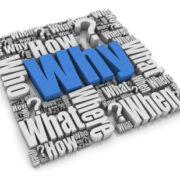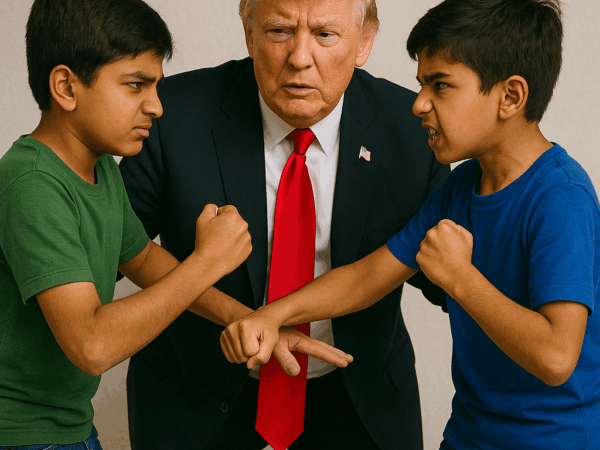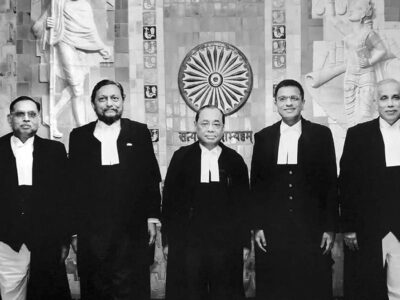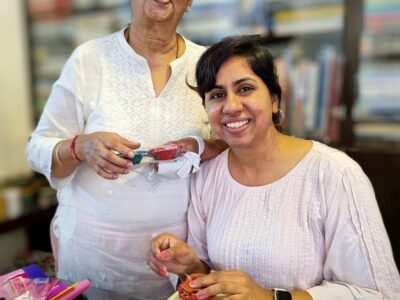I had an interesting encounter with the average educated indian today. Two census takers came visiting.
After checking their identities, I welcomed them in, offered them a seat, cold water and my time. Here is the list of questions asked:
- my name;
- my parents’ names;
- my educational qualification(s);
- my wife’s name;
- her parents’ names;
- her educational qualification(s);
- the duration of our stay in our present residence;
- my mobile number; and
- my religion and caste.
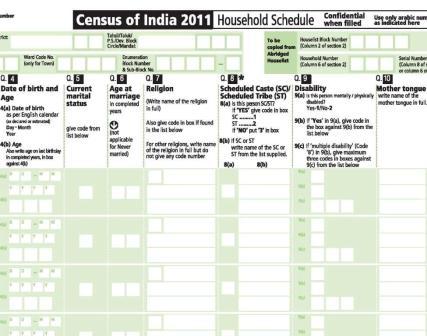
Religion? Caste? Mother tongue? All compulsory.
None of this is a problem. And if the Government of India is asking for it, I am happy to share it, especially since I know this data will be used to plan, develop and so on (yes, no one believes this but one has to assume SOMETHING and I’d rather that people’s intentions are honourable unless proven otherwise than not, if I want to live a stress-free life!).
However, it was the reaction of the census takers to the answers to some of my questions that was revealing of the kind of society we have built for ourselves.
Here are their assumptions:
- the man is the head of the family;
- the woman (wife) must share the last name of the man;
- the last names of the parents must match;
- the man’s educational qualifications must be equal or better than the woman’s;
- the man’s religious beliefs are shared by the woman; and
- that the man/woman have any religious beliefs to begin with.
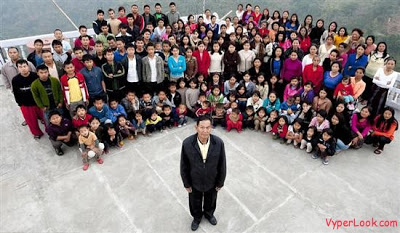
Man, being the ‘head’ of the family isn’t as glamorous as it looks!
Now, this last assumption is what I shall talk about here, though honestly, this post is about any of these prejudices and conditioned attitudes. take your pick.
But first, let me complete the story: When I told the census taker that I was an atheist, she asked me what it means. I told her that I do not need a god or religion and hence, see no reason to believe in the former or belong to the latter. They (the census takers) both looked at each other and smiled. One (the senior one, methinks) said in a conciliatory tone bordering on the patronising, “Yes, I understand. but that is your belief. What is your religion?” I explained once again that I have none. To this, she pointed out that my surname denotes that I declare myself a Hindu Brahmin.

Atheist brahmin? That is just asking for it!
When asked why this should be so, I was told that this was because it is obvious my parents (and ancestors) are (were) Hindu Brahmins. I had half a mind to tell her that my ancestors also walked on fours, and/or flew, and/or lived on trees and/or all of the above, and that I refuse to see the connection, if there was one at all. Instead, I just asked her how she knew? She was flummoxed, again. What then, she asked, was my religion?
I was curious to see where this went. So, I insisted I was an atheist. One of the census takers said that though it is quite understandable that I may have lost my faith, I must be SOMEONE on paper! I said, I am an atheist, even on paper and said I have a court affidavit to prove it. They both looked at each other and there was an impasse for a minute or so. Then, one of the census takers (the senior one, possibly) told the other, “Put it as ‘OTHER, BRAHMIN'”. I immediately saw their problem: There was no way on the form they were filling to put me in any category!! The problem was the people who designed that form assumed that everyone must have SOME religious affiliation from birth, owing to the beliefs, whatever they may have been, of the father (note the gender).
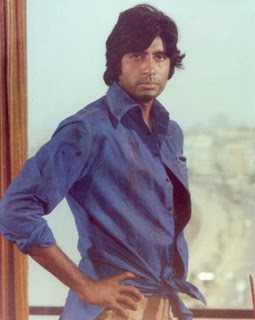
Aaj khush to bahut hoge tum?
I asked politely if they HAD to put my religion and caste into it and they said there was no way they could avoid it, and they had never heard of anyone claiming to have no religion. In fact, to be honest, they were genuinely surprised and kept looking at me like one would observe a rare specie of animal kept behind glass or iron bars in a lab or zoo. Even when they were done and were leaving, they were murmuring about it and as soon as i closed the door (and I did not move from there on purpose so I could eavesdrop), they animatedly broke into a giggly discussion (I could not catch the details though) about “No religion? No caste? What about his wife? Children?”
That was very enlightening, the whole thing!
Now, please note that this has NOTHING to do with the Government of India’s official policy or stand. It has everything to do with the personal prejudices, attitudes and perspectives of the individual, which can very easily be traced back to the kind of education, upbringing and experiences the said individual has had while growing up, in short, the social and experiential conditioning.
It can be argued that the government has nothing against, nor is it biased against the following. In fact, I think this is the official view, at least in theory (and for the record):
- that the head of the family is age/gender-neutral;
- that the last names of the man and wife may be different even if they are happily married and committed to each other for life;
- that the last names of the parents can be different for the same reason above or maybe because of a separation, divorce, remarriage etc.;
- that the educational qualification is not connected to the person’s gender;
- that even in a happy marriage, the man and the woman can believe in different fairy tales or superheroes or have disparate imaginary friends; and
- that birth and last names do not automatically confer a caste and religion on the holder of that name.
And yes, just in case there is an accusation of gender bias, let me reveal that both the census takers were women themselves. Well educated, cultured, young school teachers who spoke clear Marathi and English, were courteous and polite and did their job diligently and efficiently. The reason I am making this clear is to dismiss any notion that these were people who had no education or culture or professions or families or were from an older generation or had gender-based prejudices.
In fact, if anything, these were the average middle-class Indians, the kinds that make up this society we live in, the kinds that really typify India in the true sense, not because they are in the majority, but they are the most visible. These are the kinds that make up the numbers, the kinds that have a reasonably safe childhood, stability in their growing years, go to colleges, study hard, get a job, build a family, pay their taxes, vote (both, in elections and on reality shows), and spend money to keep the economy ticking over. These are, by no means, ordinary people. These are those who make this country and this society run. These people are more representative of this country than almost anyone else.
So, what is my point?
That the actual on-the-ground socio-cultural-educational-political-moral zeitgeist is still very far from what the ideal positions ought to be, even by today’s accepted standards (even as per the government’s official line), or indeed, are imagined to be by the media and the intelligentsia.
That our biases and prejudices, especially those that have to do with gender roles, are a direct byproduct of a parochial system of jurisprudence which was a result of a warped philosophy of life, which in turn flowed out of a lack of knowledge about our own surroundings and nature and was reinforced by people in power in order to maintain their hold on the general populace, a.k.a religion.
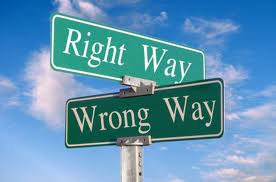
Time to re-calibrate our moral compasses?
That this system, i.e. religion, envelops us so completely that it pervades our social, moral, political, financial, sexual, martial (yes, I do mean martial, as in, “to do with killing each other over pieces of land, gold, women and belief in imaginary friends”) and intellectual ecosystem, the religion meme having infected every facet of our lives to such an extent that it is considered as given:
- that every person believe in some fairy tale with some superhero at its centre;
- that this fairy tale be ingrained into the human from childhood by parents, who have undergone similar child abuse;
- that this be an immutable fact to an extent that a change of opinion on which imaginary friend I can see is said to (in quite a few cases) require capital punishment and is actually legally banned by law in some cases in a free, democratic country like India (and don’t even get me started about places that are not so lucky, like Saudi Arabia and Rwanda);
- that a move away from these fairy tales is essentially a temporary aberration soon to be corrected in the natural flow of things (change of heart) or to be corrected by society violently;
- that a person’s moving away from a particular fairy tale is harmful to society and need be discouraged in every (yes, every) way lest it lead others astray since, obviously, neither the superhero of this fairy tale nor the society of the ‘chosen people’ of this superhero is strong enough intrinsically to survive the onslaught of people who want to listen to another fairy tale, or to none at all;
- that this leading astray is likely to cause the downfall of the society and a breakdown in order since humans will not know how to differentiate between right and wrong, or make any choices at all; and
- that this is necessary for the continued survival of the species (why that should be a good thing, as opposed to say, the survival of chimpanzees, or the tigers, is an argument very hard to articulate, leave alone win).
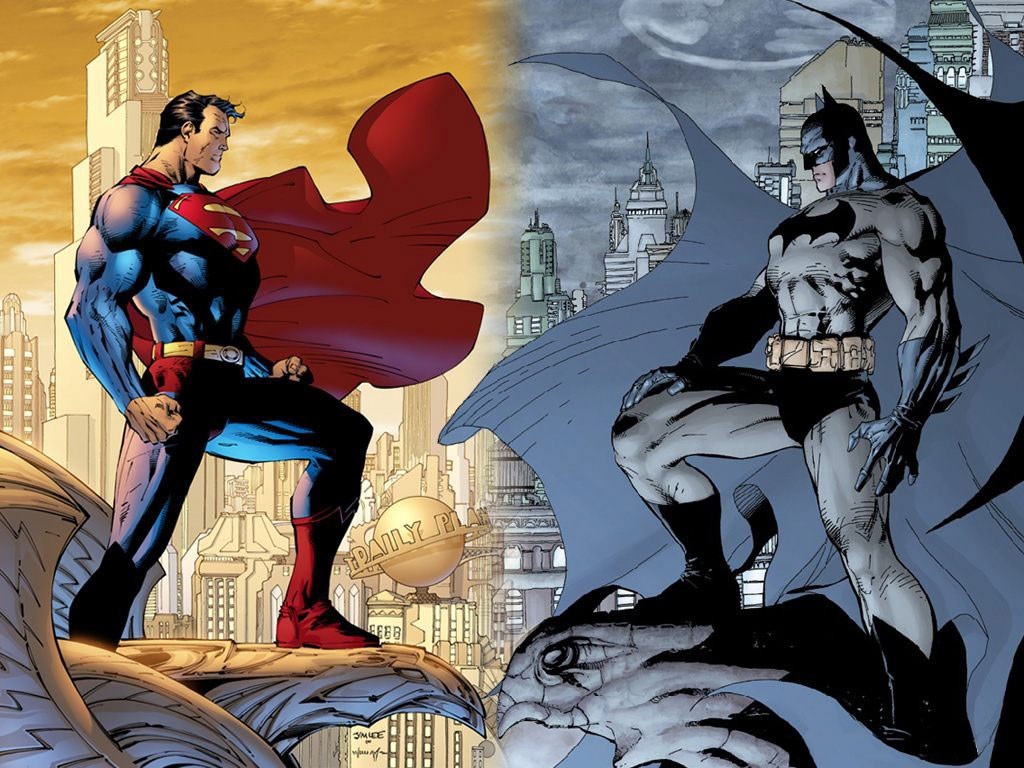
You have to choose at least one: Superman? or Batman?
In short, even someone like me, who seems to have given a lot of thought to religion and god and belief and faith and the society’s position on these, as well as their response to challenges, found something new in observing normal, average people in the society I lived in responding to straightforward answers to simple questions.
So, here is my question: Are we conditioned to believe and belief is an abnormal state? Or are we hardwired to believe and belief is the natural state of being?
